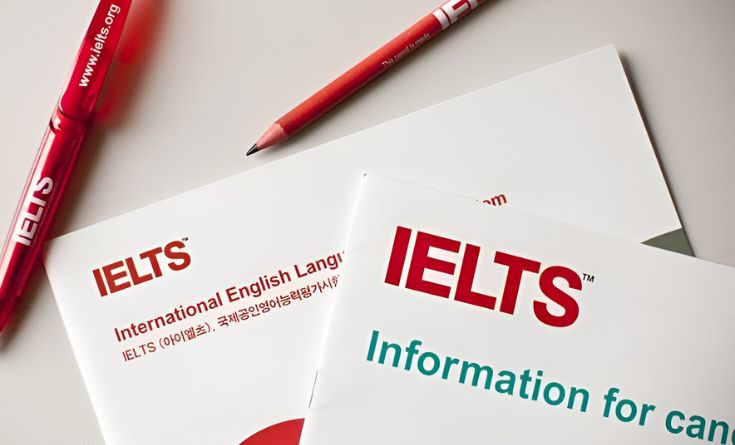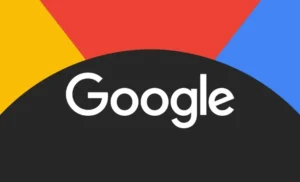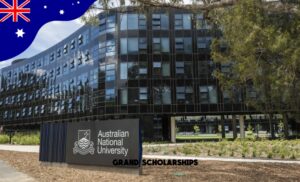Many students worry that not having IELTS or toefl means they cannot win a fully funded scholarship. Good news: Many major scholarships and national programs accept applications without IELTS/Toefl, or they accept alternative evidences of English (for example, a medium of instruction letter, showing English to the previous academic tape, showing English as instructions, interviews/testing or comparable certificate). Below I explain how it works, list major programs that usually allow no-IELT/TOEFL paths, and make practical suggestions to maximize their opportunities.
How “No IELTS/TOEFL” Usually Works
Many universities and scholarship boards provide alternatives to standardized English tests, such as certificates from prior studies or internal assessments:
- The medium of instruction from your previous university (Moi) confirms English was the language of instructions.
- The previous degree was completed in English (official transcript/certificate).
- University-conducted English testing or interview (live online test / written sample).
- Alternative trials accepted by some programs (Duoolingo, Cambridge, TOEIC).
Because policies vary from the program and host university, always check the official scholarship or university page before applying. (I include links of official pages in the table below.)
Major Fully Funded Programs (that often allow no-IELTS/TOEFL routes)
Note: “No IELTS/TOEFL” does not always mean no proof of English ability — it often means the program accepts alternative evidence. Always confirm in the official guideline for the current call.
- Türkiye Scholarships (Turkiye Burslari) — applications often accept MOI or other evidence; language requirements vary by university/program. Turkey Scholarships+1
- Chinese Government Scholarship (CSC) — many Chinese scholarships accept an English-medium instruction certificate or university confirmation; some programs require English proof but CSC guidance points to alternatives. China Scholarship 2025+1
- Stipendium Hungaricum (Hungary) — IELTS not strictly required; many Hungarian institutions accept other proof or MOI; check the Call for Applications. Stipendium Hungaricum+1
- Japanese MEXT Scholarships — MEXT guidelines show that English/Japanese proficiency can be satisfied by various documents or embassy screening steps (requirements vary by category/embassy). 日本留学情報サイト Study in Japan+1
- Erasmus Mundus Joint Masters — many EMJM programs are flexible about English proof (some accept MOI or program-level checks). Always see the joint master’s program page for exact requirements. Erasmus+
- Other government university scholarships (e.g., some Chinese university CSC-programs, Turkiye private/university offers, and national scholarships in Central/Eastern Europe) often accept alternative evidence or internal English assessments. Tsinghua Graduate Admissions+1
List of Fully Funded Scholarships
| Scholarship / Program | Country | How they accept English (no IELTS/TOEFL) | Official Link |
|---|---|---|---|
| Türkiye Scholarships (Türkiye Burslari) | Turkey | Some universities accept MOI or internal checks; requirements vary by programme/university. | Official Page |
| Chinese Government Scholarship (CSC) | China | Many universities accept English-medium instruction certificate or confirmation instead of IELTS/TOEFL. | Official CSC |
| Stipendium Hungaricum | Hungary | IELTS not strictly required; institutions accept MOI, Duolingo, or other tests. | Official Page |
| MEXT Scholarships | Japan | Language proof varies; embassies/universities may accept alternatives or internal testing. | MEXT official |
| Erasmus Mundus Joint Masters (EMJM) | EU (various) | Each programme sets requirements; some accept MOI or interviews instead of IELTS/TOEFL. | Official EMJM |
Practical Tips — How to Apply (and win) if you don’t have IELTS/TOEFL
- Get a moderate-to-direction (MoI) letter from your university and signed-many programs accept it.
- Highlight English use: tapes, courses, projects, research or function made in English.
- Prepare for the university interview – many programs use interviews or internal tests to verify the ability of the language.
- Consider Duolingo or other accepted options (where it is allowed) – to take early and rapidly recognized.
- Apply early and read the official call – change scholarship rules; Rely on the official application/call for the application page.
- Document everything – degree copy, transcript, MOI, recommendation letter, English writing samples.
Final Notes & Cautions
- Official rules change yearly and differ by program, university, and sending country — always verify on the official scholarship/university page before applying (I linked each official program above). Erasmus++4Turkey Scholarships+4China Scholarship 2025+4
- If a program explicitly asks for IELTS/TOEFL in the call, submitting a MOI may not replace it — double-check exceptions.
- When a program accepts MOI or internal tests, prepare to prove your English in interviews or written tasks.
Official sources / further reading (check before you apply)
- Türkiye Scholarships (official). Turkey Scholarships+1
- Chinese Government Scholarship (CSC) / Study in China info. China Scholarship 2025+1
- Stipendium Hungaricum (Hungary). Stipendium Hungaricum+1
- Japanese Government (MEXT) scholarship pages & application guidelines. 日本留学情報サイト Study in Japan+1
- Erasmus Mundus Joint Masters (Erasmus+ official). Erasmus+





Pingback: Fully Funded Scholarships for Students with Low GPA or Average Marks 2025 - grandscholarships.com
Exactly, you’ve put it very well. Grades are just one part of the application — but motivation, skills, and a clear study plan often carry equal weight. In fact, some scholarships openly state that they welcome applicants with diverse academic backgrounds. This makes the process more fair and encourages talented students from every level to apply.
Pingback: KAUST Fellowship — Complete Guide (Masters & PhD, international students) -